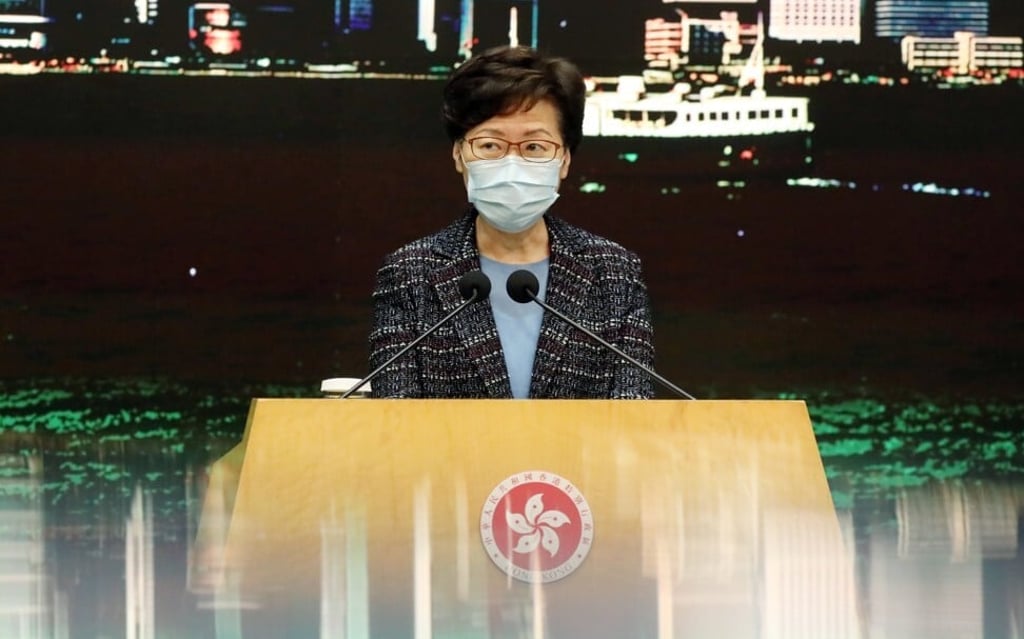Reflections | The Hong Kong government has been accused of ‘calling a deer a horse’ – but where did the expression originate?
- The ancient Chinese expression was used by pro-democracy legislators in a letter to Chief Executive Carrie Lam
- It recalls an episode from more than 2,000 years ago and refers to the deliberate peddling of a falsehood

Several weeks ago, Beijing’s liaison office and the Hong Kong and Macau Affairs Office criticised Hong Kong’s opposition lawmakers for their delaying tactics in the Legislative Council. The two agencies were roundly denounced by Hong Kong’s pro-democracy camp for interfering in the SAR’s internal affairs, in violation of the Basic Law.
Both offices refuted the charge, insisting that it should not be seen as interference. The Hong Kong government waded into the dispute and further muddied the waters, releasing a series of poorly thought-out statements within a few hours, the first partially contradicting the central government’s agencies and the final version toeing the line.

The idiom “calling a deer a horse” (zhi lu wei ma) invokes an episode that occurred in 207BC. The first emperor of the Qin dynasty, who unified China into an empire, had died three years before. His son and successor, the sybaritic second emperor, was under the thumb of his powerful and influential chancellor, Zhao Gao.
